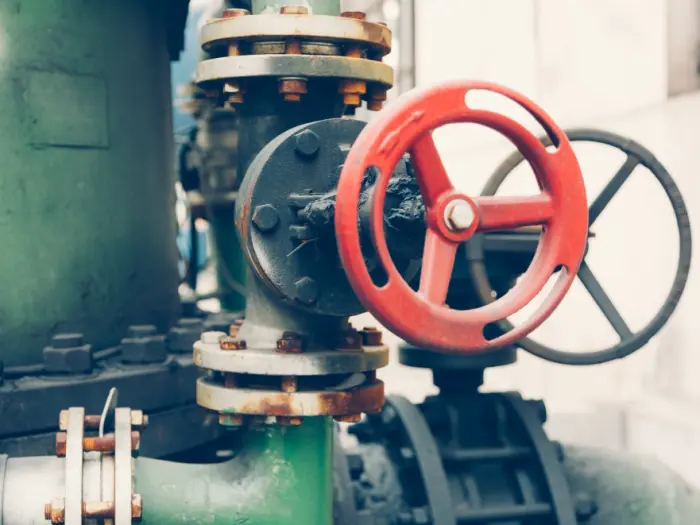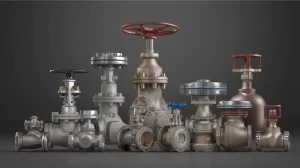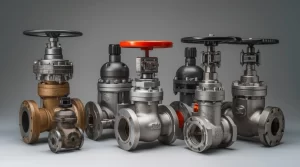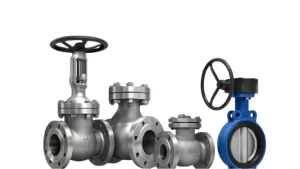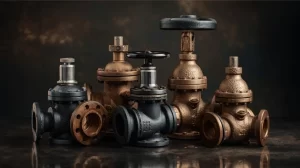Table of Contents
ToggleFPSO projects are important because they process and mine oil and gas from the deep sea.
So, FPSO oil and gas needs ball valves that depend on various factors you should consider to ensure successful operation.
Confused on how to choose FPSO ball valves for you? Don’t worry; this article will guide you on how to choose one.
What is an FPSO ball valve?
A FPSO ball valve is one of the components used to control the gas and oil the vessels get from underwater.
It uses a rotating ball with a hole in it to open and close a valve.
Common Ball Valve Types in FPSO Projects
Take note: each ball valve type has its own unique traits that make them suitable for your needs.
Here are some common types of FPSO ball valves, and discover if they align with your project’s needs:
Floating Ball Valves
The ball is attached to a faucet’s stem that rotates it, either allowing materials like oil and gas to flow through the pipe or blocking it.
This FPSO ball valve’s tight seal ensures safety, which makes it perfect for the FPSO environment because of the harsh chemicals it handles.
V-Type Ball Valves
Unlike floating ball valves, its notable V-shaped hole can change how fast the material goes through the pipe.
Its metal-to-metal seating surfaces also make it less prone to damage, even at high pressures and temperatures.
Multi-Port Ball Valves
Want a FPSO ball valve that allows you to switch various pipelines? This has your project covered.
Their multiple valves that can be connected to more than two pipelines are ideal for FPSO that have limited space.
International Standards that Ball Valves Need to Follow
Now, you have to check if the FPSO ball valve is following international standards to ensure its reliability and your safety when using it.
You can do this by checking the manufacturer’s website and reading reviews from other people.
Here are some factors you can look out for when checking the ball valve’s quality:
Temperature Rating
According to API specification 6D, a valve should be able to work within the -25°C to 150°C temperature range.
So, look out for the ball valve’s temperature rating to make sure it will not face performance issues like losing its seal’s strength.
Approvals or Certifications
Look when a ball valve supplier or manufacturer has certifications or approvals that prove they follow various standards from organisations, including:
- CE Marking
- API (American Petroleum Institute)
- ASME (American Society of Mechanical Engineers)
They set the standards for manufacturing approvals, which play a major role in judging the ball valve structure and design’s quality.
Maximum Pressure Rating, or PSI
Check if the FPSO ball valves are able to withstand low and very high pressures ranging from 150 PSI/LB to 6000 PSI/LB.
This will help you ensure that the ball valve is safe to use in challenging situations like oil and gas production.
Ball Valve Supplier: Gowin
Need a winning ball valve for your FPSO project? Gowin products are what you might be looking for!
They created different FPSO ball valves you can choose from to suit your needs, such as:
Fact: Their ball valves also follow ASME and API, which shows they prioritise their customers’ satisfaction.
Key Takeaways
Choosing an FPSO ball valve can be difficult, but with enough patience, you can find the right one for you.
You can visit the manufacturer’s website if their products include the following:
- Temperature rating
- Approvals or certifications
- Maximum pressure rating, or its PSI
One of the FPSO ball valve suppliers and manufacturers you can check out is Gowin.
These ball valves can help you manage your FPSOs oil and gas, contact us now!

